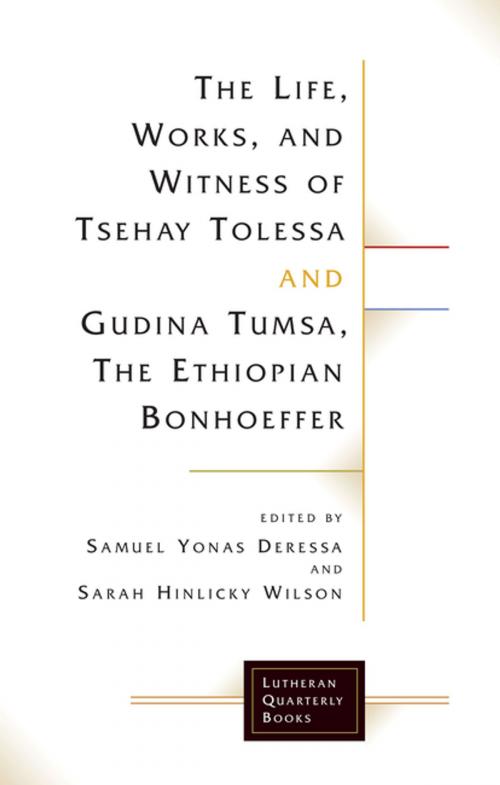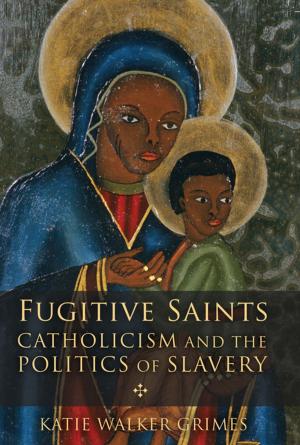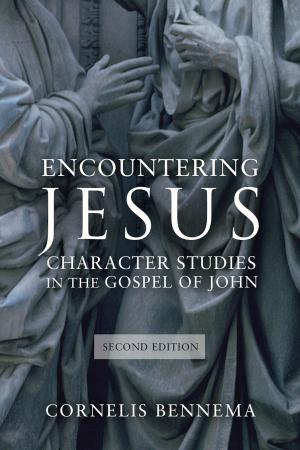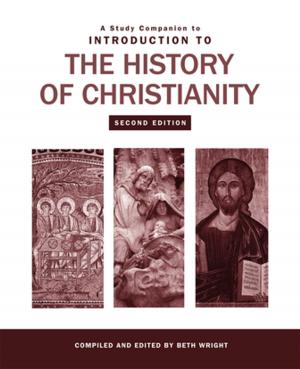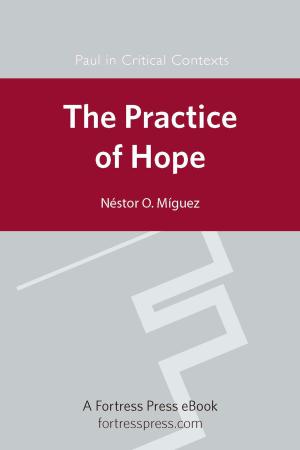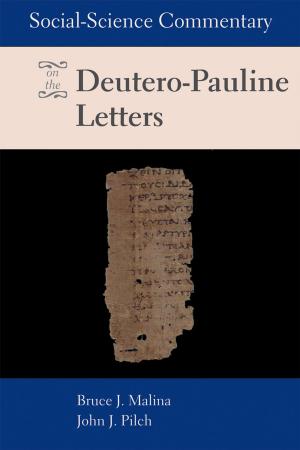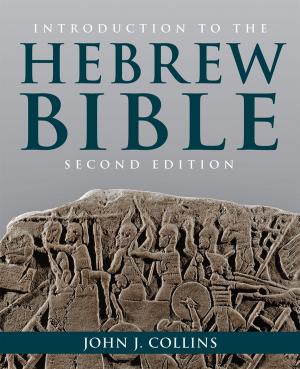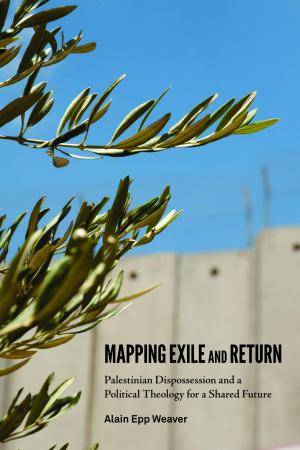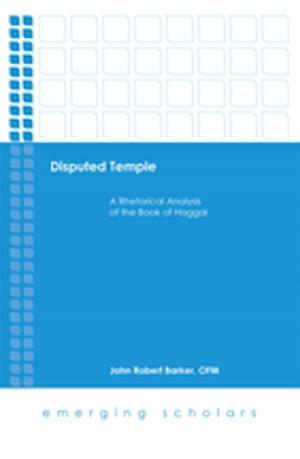The Life, Works, and Witness of Tsehay Tolessa and Gudina Tumsa, the Ethiopian Bonhoeffer
Nonfiction, Religion & Spirituality, Christianity, Church, Church History, Theology| Author: | ISBN: | 9781506418490 | |
| Publisher: | Fortress Press | Publication: | June 15, 2017 |
| Imprint: | Fortress Press | Language: | English |
| Author: | |
| ISBN: | 9781506418490 |
| Publisher: | Fortress Press |
| Publication: | June 15, 2017 |
| Imprint: | Fortress Press |
| Language: | English |
This book opens a window into the lives and extraordinary witness of a Christian couple whose faithful life of service has earned the moniker of Ethopia’s Bonhoeffer.
In Part One, the reader encounters the extant writings of Gudina Tumsa. Gudina’s ideas were by no means silenced by his murder. If anything, quite the opposite, as is so often the case with martyrs.
Part Two is a highly personal account of Gudina and Tsehay’s life, witness, and sufferings. Aud Saeveras, a Norwegian missionary working with her husband in Ethiopia, got to know Tsehay during her many years in prison, often bringing her food. After Tsehay was finally released, Saeveras encouraged her to report the truth about what had happened. The result was this memoir, first written in Norwegian, then translated into German, and now for the first time in English. Saeveras frames the story, but most of the words are Tsehay’s.
This collection concludes with an essay by Samuel Yonas Deressa on the impact that Gudina’s vision has had on the EECMY and the formation of the Gudina Tumsa Foundation with its various scholarly and development activities. Gudina lives on in the many Ethiopian Christians who continue to be inspired by his life and witness.
This book opens a window into the lives and extraordinary witness of a Christian couple whose faithful life of service has earned the moniker of Ethopia’s Bonhoeffer.
In Part One, the reader encounters the extant writings of Gudina Tumsa. Gudina’s ideas were by no means silenced by his murder. If anything, quite the opposite, as is so often the case with martyrs.
Part Two is a highly personal account of Gudina and Tsehay’s life, witness, and sufferings. Aud Saeveras, a Norwegian missionary working with her husband in Ethiopia, got to know Tsehay during her many years in prison, often bringing her food. After Tsehay was finally released, Saeveras encouraged her to report the truth about what had happened. The result was this memoir, first written in Norwegian, then translated into German, and now for the first time in English. Saeveras frames the story, but most of the words are Tsehay’s.
This collection concludes with an essay by Samuel Yonas Deressa on the impact that Gudina’s vision has had on the EECMY and the formation of the Gudina Tumsa Foundation with its various scholarly and development activities. Gudina lives on in the many Ethiopian Christians who continue to be inspired by his life and witness.
